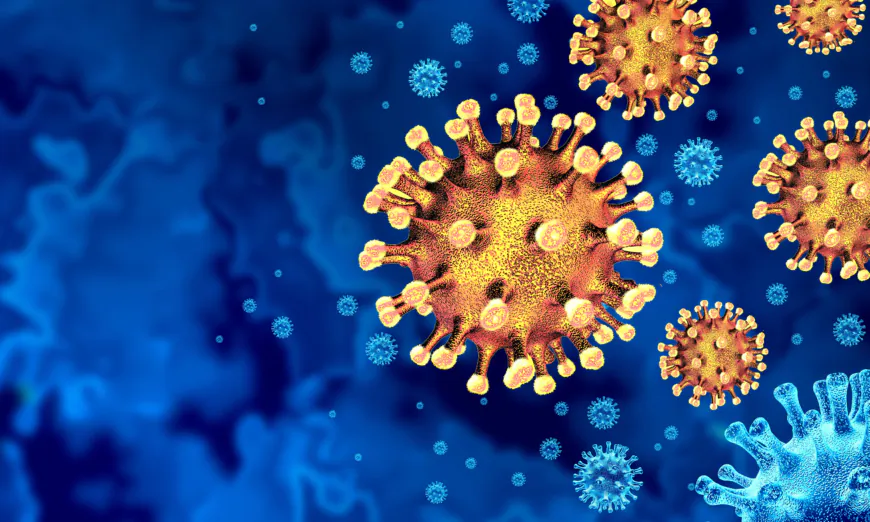


A recent large case series published in the medical journal Burns has indicated a concerning increase in the occurrence of Stevens-Johnson Syndrome (SJS), a rare and potentially fatal skin disorder.
The study suggests that the surge in SJS cases may be triggered by factors such as COVID-19, increased vaccination rates, or a lowered threshold caused by vaccines or previous infection.
Prior to the COVID-19 pandemic, the burns unit at Concord Repatriation General Hospital in Australia typically encountered two to four cases of SJS, also known as toxic epidermal necrolysis (TEN), per year.
However, in the first six months of 2022, the burn center witnessed a staggering sevenfold rise in SJS cases.
Out of the 14 reported cases analyzed in the study, five patients had contracted COVID-19 approximately one month before developing SJS/TEN, while three patients had received a COVID-19 vaccine one month prior to the onset of the condition.
Interestingly, not a single case of SJS/TEN was reported in an unvaccinated individual.
Although proving a definitive link between SJS/TEN and its triggers poses challenges due to the rarity of the condition and the presence of medications known to induce the disease, the researchers found the rapid increase in cases since the start of the pandemic and the vaccine rollout to be extremely alarming.
SJS/TEN is a severe hypersensitivity condition characterized by the development of rashes, blisters, and peeling of the skin, akin to severe burns caused by scalding water.
The condition can also affect mucous membranes, including those in the eyes, genitalia, and mouth, often leading to severe damage and complications such as sepsis, pneumonia, infection, or even death.
The study proposes three theories to explain the sudden rise in SJS/TEN cases. The first theory suggests that the SARS-CoV-2 virus itself may directly trigger SJS/TEN by binding to receptors that stimulate a T-cell-mediated response.
Other viruses, such as the herpes simplex virus, Epstein-Barr virus, and influenza, are known to cause SJS/TEN.
The second theory proposes that COVID-19 vaccines might directly bind to cell receptors, triggering SJS/TEN and influencing the body’s T-cell immune response.
The study identified cases of SJS/TEN following vaccination, with some associated with mRNA vaccines and others with viral vector vaccines like AstraZeneca and Johnson & Johnson.
The third theory put forward by the researchers suggests that contracting COVID-19 or receiving a vaccine “primes” the immune system, reducing the threshold for a drug to trigger SJS/TEN.
The study highlights several cases where individuals experienced adverse reactions to drugs they had previously taken without any issues after being exposed to COVID-19 or receiving a vaccine.
Despite the findings, regulatory agencies in the United States and abroad have yet to acknowledge the potential link between SJS/TEN and COVID-19 vaccines or examine the virus or vaccine’s ability to prime the immune system.
The authors of the study emphasize the need for further research to investigate the impact of viruses like SARS-CoV-2 on immune-mediated disorders such as SJS/TEN.
Read the original article here:
Epoch Times


